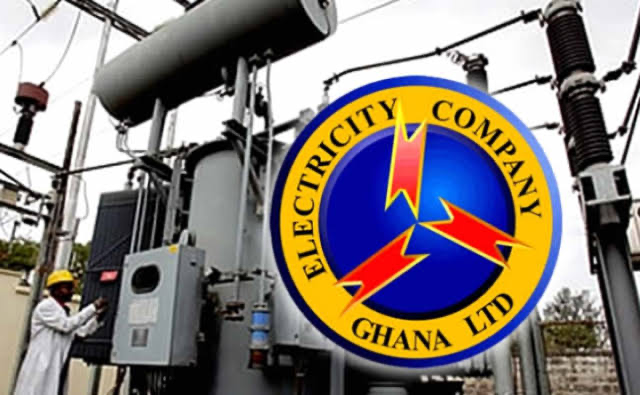KEY POINTS
- ACEP claims ECG’s exchange rate manipulation led to a GH₵7 billion loss in 2023.
- The Public Utilities Regulatory Commission calls for reforms to stabilize the power sector.
- ECG has yet to provide the historical exchange rate data requested by ACEP.
Regarding the way the Electricity Company of Ghana (ECG) has managed its exchange rate transactions for electricity distribution, the Africa Center for Energy Policy (ACEP) has expressed grave concerns.
Kodzo Yaotse, an ACEP Policy Lead on Petroleum and Conventional Energy, claims that the ECG has been providing the Cash Waterfall Committee with currency rates that are far higher than the interbank rates.
The corporation has suffered significant financial losses as a result of this disparity.
ECG exchange rate losses and lack of transparency
According to a report by Joy Online, Mr. Yaotse stated, “This manipulation of exchange rates created a net exchange loss of approximately GH₵6.5 billion in 2022 (from GH₵609 million in 2021) and approximately GH₵ 7 billion in 2023.”
He issued a warning, saying that the data point to a concerning trend that will have a big impact on ECG’s financial standing as well as the larger Ghanaian energy industry.
Revealing that ACEP had requested the historical currency rates that ECG had used for its transactions through the Right to Information (RTI) process.
Mr. Yaotse further said that the ECG has not been able to supply the data since May 2024.
“It will take time to gather all the necessary information because it’s quite detailed. We are actively working to compile the requested data.”
We appreciate your patience so far and ask for your ongoing assistance as we attempt to fulfil the request.”
This “undermines ECG’s ability to pay the value chain and redirect public resources away from legitimate expenditure programs,” Mr. Yaotse emphasized.
He expressed concern that the lack of accountability and transparency in ECG’s financial practices raises important questions about the efficient use of public funds and the long-term viability of the power industry.
PURC calls for reforms to avoid financial crisis
In order to prevent an impending financial catastrophe in Ghana’s electricity sector, the Public Utilities Regulatory Commission (PURC) has also made an urgent demand for a change of the Cash Waterfall Mechanism (CWM).
The letter claimed that exchange rate fluctuations and the Ministry of Finance’s (MoF) inconsistent failure to fulfil the agreed-upon $10 million monthly top-up payments
The letter added that these issues have made ECG’s inability to meet its financial obligations even more severe.
“As a result, Tier B businesses like VRA, GRIDCo, and Bui—face significant financial hardships as they only get paid 20% to 45% of what is invoiced,” the letter concluded.



